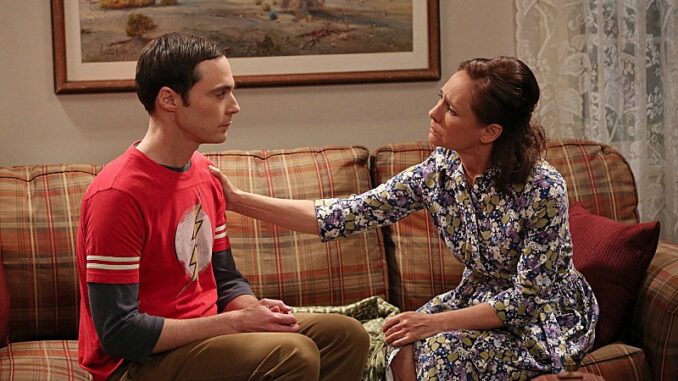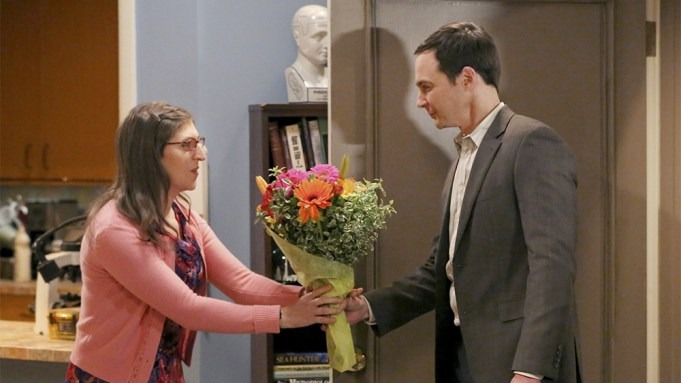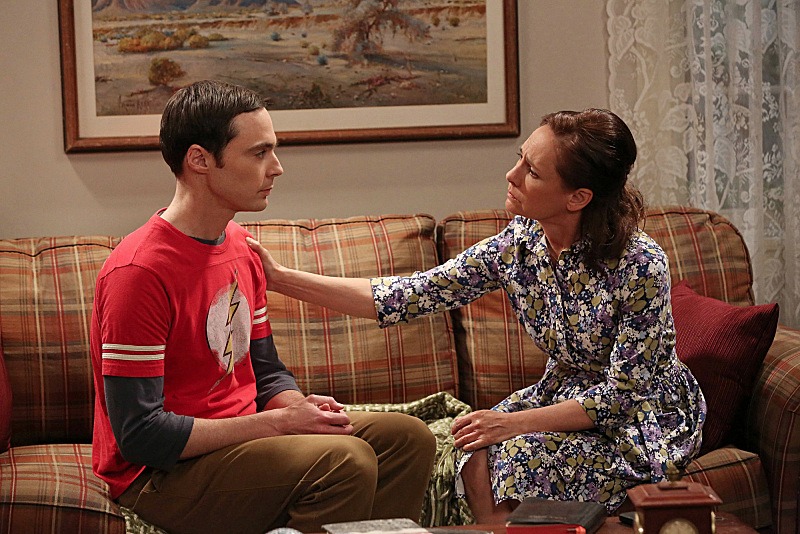
Sheldon Cooper’s personality on The Big Bang Theory was more than just a quirky mix of intellect and rigidity; it may have been a shield for his emotions. Known for his regimented schedules, long lists of rules, and intellectual superiority, Sheldon’s mantra was clear: “I’m not crazy; my mother had me tested.” But as fans watched him evolve into someone capable of love and connection, one question lingered: Was Sheldon hiding his emotions behind his eccentric personality?
At first glance, Sheldon seemed like a classic child prodigy. Starting college at 11 and earning his PhD by 16, he moved to California to tackle string theory at Caltech. Despite his accomplishments, he needed Leonard Hofstadter as a roommate because he couldn’t afford rent alone—a rare moment of vulnerability for the genius. His childhood was a series of painful moments marked by bullying and isolation. Sheldon endured swirlies, wedgies, and, as he revealed, people even threw eggs at him when he was just nine years old. These experiences likely played a part in shaping the guarded persona he presented to the world.
The Genius with Emotional Armor

Sheldon’s strict routines, friend contracts, and aversion to change weren’t just quirks—they were shields. His need for control was a way to protect himself from the unpredictability of human interactions, which had often been unkind to him. With a childhood riddled with bullying and emotional bruises, Sheldon used his intellect as armor. His love of Star Trek, Star Wars, and Doctor Who gave him a safe space with rules he could understand and control—a sharp contrast to the often messy and confusing world of emotions.
Sometimes, he even seemed detached from his own behavior, once joking, “The part of my brain that should know is getting a wedgie from the rest of my brain.” Sheldon’s obsession with order was more than a quirk; it was a survival strategy, insulating him from the unknown and the emotional chaos he struggled to comprehend.
Amy Farrah Fowler: The Catalyst for Change
When Amy Farrah Fowler entered Sheldon’s life, everything shifted. Initially, their relationship was purely intellectual, orchestrated by a dating algorithm. However, when Amy briefly dated Sheldon’s friend Stuart, a new emotion bubbled up in Sheldon: jealousy. This human feeling, previously foreign to him, marked a turning point. Shortly afterward, he surprised everyone by asking Amy to be his girlfriend.

Their relationship was anything but easy. Amy once broke up with Sheldon after concluding that he cared more about The Flash than he did about her. But Sheldon’s epiphany came soon after, with the help of a Beach Boys song that led him to realize he loved her. Determined to win her back, he eventually planned an intimate birthday celebration for Amy, a groundbreaking moment for the socially awkward physicist. Sheldon’s transformation was well underway.
By the time Sheldon proposed to Amy and they married in a ceremony officiated by Star Wars legend Mark Hamill, it was clear that his rigid persona had softened. His journey from an emotionally detached genius to a person capable of love, affection, and vulnerability was the heart of The Big Bang Theory’s 12-season run.
The True Nature of Sheldon’s Personality
In the end, Sheldon’s character was far more than an intellectual show-off; his eccentric personality served as a protective barrier against a world that often misunderstood him. His sharp wit, sarcasm, and endless rules were shields against a society that once belittled him. But ultimately, it was love—not logic—that brought down his walls and revealed the depth beneath his genius.